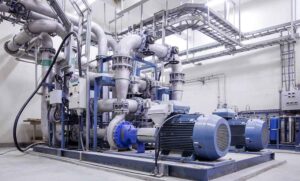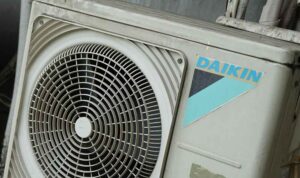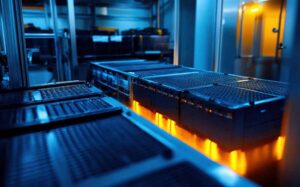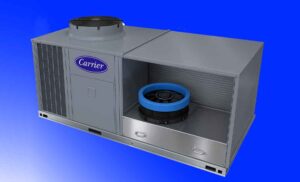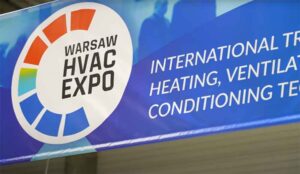Panasonic invests €320m in Czech heat pump hub
29th August 2025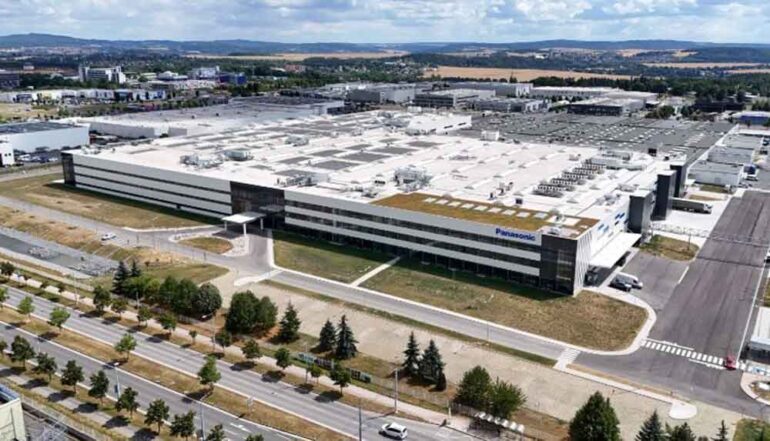
CZECH REPUBLIC: Panasonic has invested €320m in its heat pump factory in the Czech Republic, boosting annual production capacity to 1.4 million indoor and outdoor units from 2030.
The investment will expand the size of the former Panasonic TV factory in Pilsen by 250% to a total of 140,000m², making it one of the largest heat pump production facilities in Europe.
The expansion will also see all European production and R&D being transferred from South-East Asia to Europe. By 2028, it is intended that Panasonic’s Pilsen R&D team will manage the full air-to-water heat pump development lifecycle, from initial design to finished product, in coordination with Panasonic’s product planning division in Japan,
“The factory in Pilsen is set to become Panasonic’s central hub for heat pump production and supply in Europe. By placing further R&D capabilities and production together on the same site, we’ll be able to ensure that the factory is able to rapidly and nimbly anticipate and respond to the evolving needs of this key market,” explained Radek Vach, Panasonic HVAC CZ business planning director.
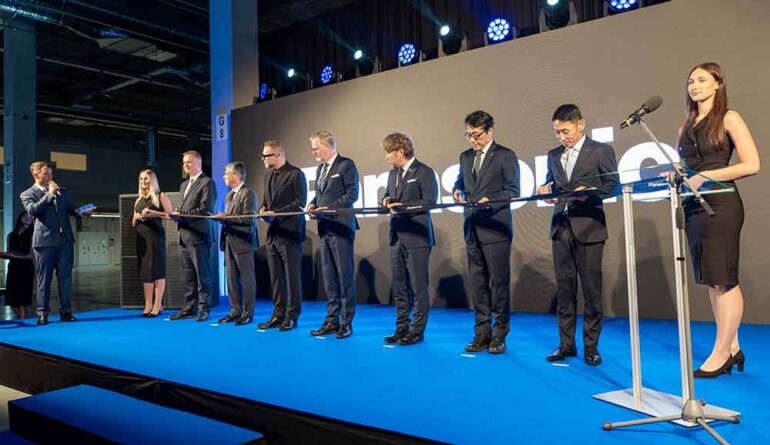
In addition, the facility includes a state-of-the-art R&D centre focused on future heat pump developments. As a key R&D partner, the Technical University of Ostrava has completely designed and is due to build one of the research laboratories.
“There will also be cost savings associated with reduced logistics, in addition to the speed and flexibility associated with bringing R&D and production together,” Radek Vach added.
Speaking at today’s official factory reopening, Petr Fiala, the prime minister of the Czech Republic, said: “The opening of this state-of-the-art heat pump production facility strengthens the competitiveness of Czech industry, brings new skilled jobs, and confirms that the Czech Republic offers attractive conditions for technologically demanding and innovative projects.
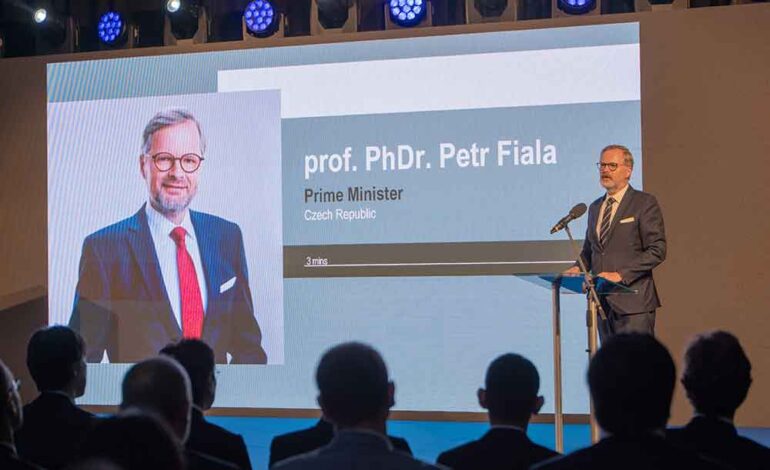
“In the Czech Republic, we want companies that produce complete products with high added value, companies closely connected to science and research. Our government will continue to actively support these investments,” he added.
The Pilsen facility is also benefiting from a significant investment in robotics, automation and AI technology. The factory currently has 80 robots deployed on site, and the layout has been optimised for the future deployment of automated guided vehicles and autonomous mobile robots for material supply and finished product transport. In future, the facility plans to achieve 100% automation in component manufacturing.
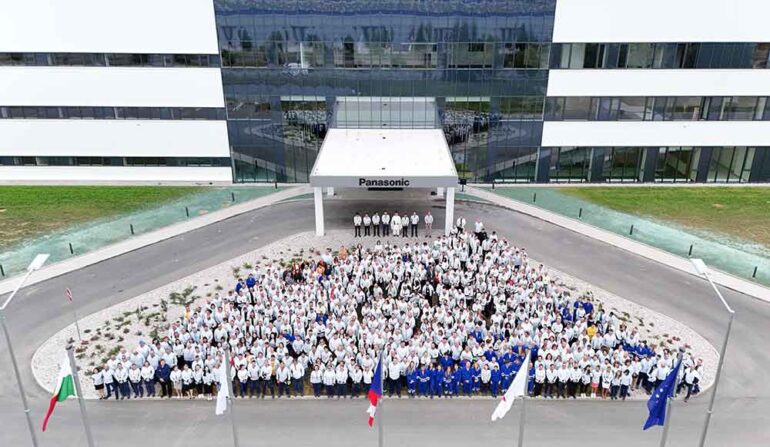
Net zero
Pilsen is Panasonic’s second net zero factory in Europe, following the opening of its facility in Cardiff, UK, in 2024. The factory is powered by a 1 MW photovoltaic roof system in addition to the purchase of green electricity and heating energy.
The facility employs a smart building management system to control ventilation, heating and lighting, including sensor LED lighting. Waste heat from ventilators and compressors is used to heat the building and help reduce energy consumption, and water waste is minimised via a retention reservoir on the roof.
In addition, starting in 2026, the facility’s vehicle fleet will move to electric vehicles to further reduce the company’s carbon footprint.


